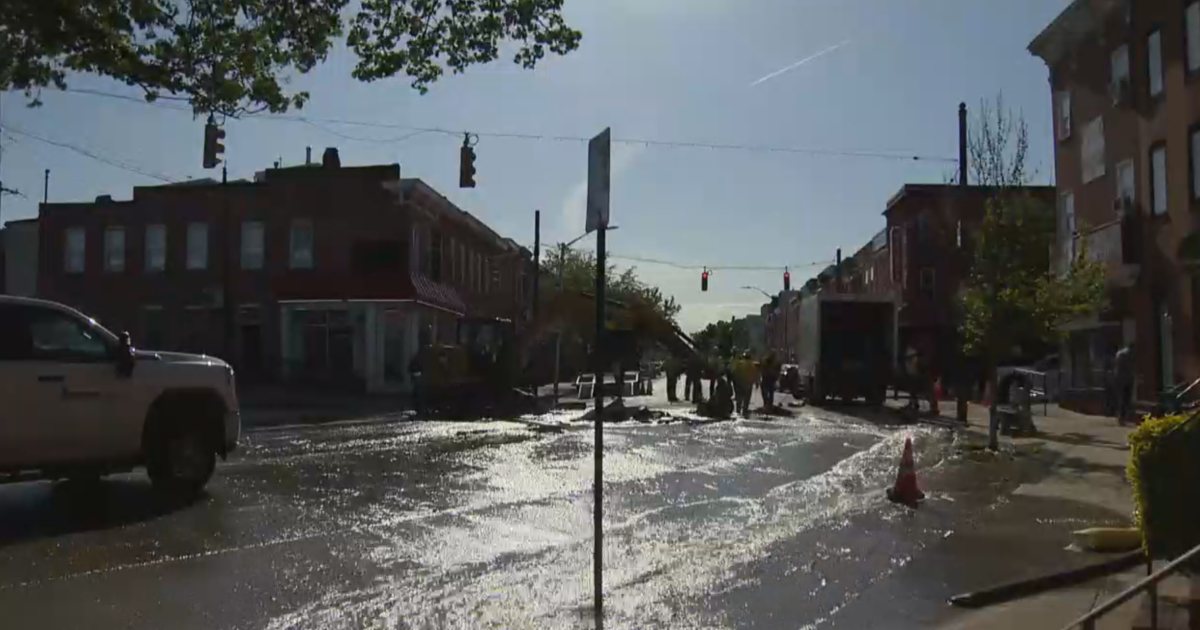Experts: Food Allergies Are Skyrocketing
MIAMI (CBSMiami) -- An explosion of food allergies is unique to America and Europe and no one seems to know why but some experts have their theories.
Lori garrote is a local musician with a very serious problem.
"There have been times I have had to cancel performances because I woke up with my entire face in a rash," Garrote told CBS.
That's because Garrote is severely allergic to soy.
"There's soy in my shampoo, my conditioner, my vitamins, my daily vitamins... Um I mean everything," exclaimed Garrote.
It's an allergy she developed as an adult. Unlike Evelyn Kelly, who was diagnosed with nut allergies at age 2!
"Well she's allergic to all tree nuts and peanuts. She's very severe. And it is a life-threatening medical ailment," said Max Kelly, her father.
In fact, the Kelly Family Bakery is a business born out of fear that their 6-year old daughter could die if she comes into contact with peanuts and tree nuts, such as walnuts.
"She can't have her best friends birthday cake. But she's an angel and we find we bring her better products."
The Kelly Family Bakery makes cakes, cupcakes and cookies that have no nuts, peanuts, milk or dairy, the four most common foods to which people are allergic.
"Our mission is to make the lives of people suffering with food allergies and food intolerance a little easier and a lot more delicious," explained Kelly.
"Food allergies have gone crazy!" Dr. Kathryn Eisermann-Rogers, an allergist who is the medical director for the local food allergy awareness walk, says. She added that peanut allergies have tripled in the last seven years as well.
"Today, I'm probably saying close to 25 or up to 50-percent are allergic already," the doctor explained.
There is an allergy snowball effect you need to be aware of. For example, if you're allergic to melons, you have a 92% risk of being allergic to other fruits such as bananas and avocados. If you're allergic to those fruits, you also risk being allergic to latex.
If you are allergic to pollen, then there's a 90% chance you'll be allergic to apples and peaches.
So why do 1 in 13 children in the U.S. have food allergies when their grandparents didn't? There is a theory.
"In theory, it is possible that we're so clean we have so many antibacterial soaps and hand sanitizers, that we're not allowing infants immune systems to see normal bacteria and germs so they are not able to develop appropriately," Dr. Eisermann-Rogers explained.
Here's a few other things to consider:
- Remember, our grandparents ate seasonal, real food. They didn't have fad diets.
- They prepared their meals from scratch.
- They didn't have preservatives in their food or processed foods.
- When they were sick they didn't run to the doctor for a prescription.
- They spent lots of time outside.
Ironically, doctors point out that people who live on farms or in non-western countries are unlikely to develop food allergies.



